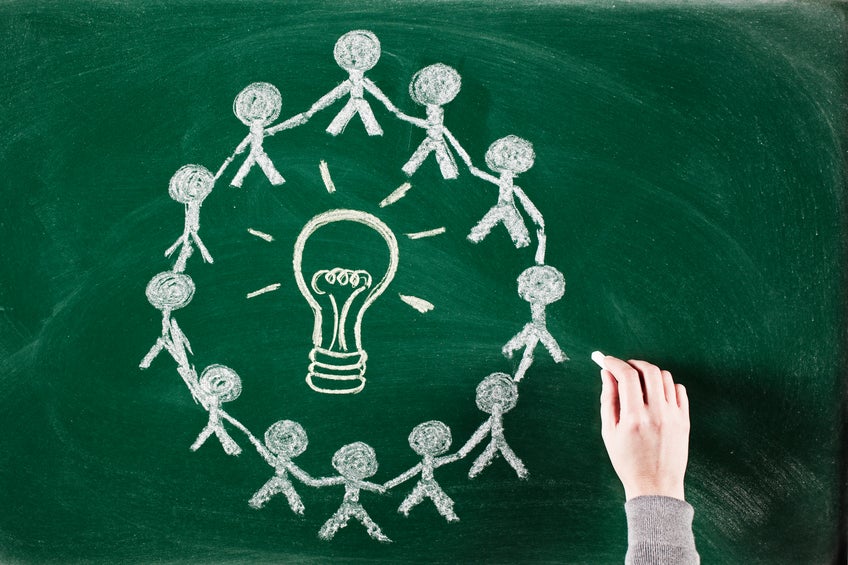Education is perhaps the most effective path toward achieving sustainable development. Ensuring that children and youth acquire the skills and competencies needed to succeed in life requires that they are provided with opportunities to develop the appropriate cognitive and social skills. In this process, fostering positive relationships between schools and communities becomes a necessary condition to initiate and promote transformations in school management.
Managing a school goes beyond organizing and planning what happens within the building. Good management involves promoting bridges between actors in the education system, cultivating productive relationships between different groups and opening opportunities to work towards more integration.
Schools should be seen as communities of learning and, as such, they must conceive quality not as an end result per se, but rather as a constant process toward which all actors concerned can and should contribute. In fact, research has shown that the participation of families and communities brings positive effects to the teaching-learning process. An interesting experience happening in the region is that of the education “juntas” in Costa Rica: entities that seek to generate a sense of belonging and identity among communities towards their local schools, opening up spaces for participation and collaborative learning.
When all members of the school community align their work, they become an important resource to optimize the teaching and learning processes, contribute to healthier and more prosperous family environments and, naturally, foster better community dynamics beyond education. Yet, the school – community relationship cannot be promoted by teachers or school officials alone, it requires a commitment on both ends. Communities, represented by bodies like the education “juntas”, can have a voice in school management processes, contributing to the strengthening and transformation of education systems.
What conditions lead to better synergies between members of the school community? School management processes, for instance, must be based on inclusion and active participation; the teaching-learning process, too, must rely on participative and reflective methodologies and pedagogies; and communities must be willing to participate and engage. Similarly, solidarity and support networks that are created with public and private entities in the area surrounding the school contribute to the sustainability to any joint initiative by adding prestige, credibility, and visibility among communities and families.
A concrete example to reflect about the potential of joint efforts for education is the “Tecno-ambientes para el aprendizaje” (“Tech-environments for learning”) in Costa Rica that promotes the use of technology in preschool centers. This project engages communities by creating strategic partnerships with local civil society and private sector bodies, using the education “junta” as a way to gain recognition and trust among different actors.

Developing initiatives that boost the potential of communities is key to position them as an active participant in the process of improving education. Communities, for one, can incentivize innovation, assist in project management tasks, and overall, give a much needed boost to joint initiatives seeking to provide quality education for all.
Giselle Cruz Maduro serves as Coordinator of the Early Childhood Education initiatives of the Ministry of Education of Costa Rica. She participated in “Leaders in Education”, an online course organized by the IDB. This entry was chosen for publication among those submitted.



Leave a Reply